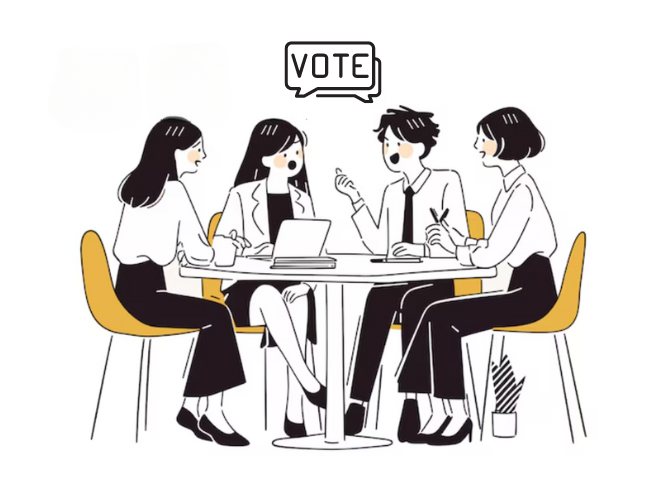As employers continue to leverage data and analytics to create high performing teams, one practice that’s growing in popularity is the use of personality profile tests in the workplace. While personality profiling can be interesting or potentially clarifying around certain behaviors, it can also result in unintended consequences. When employers rely on personality assessments to predict behaviors, they run the risk of overlooking terrific candidates, pigeonholing workers based on potentially inaccurate assessments, or creating a homogenous culture that doesn’t account for real cultural distinctions.
Growing In Popularity
Statistics about how many employers use personality tests in the workplace vary widely. According to one organization, about 13% of U.S. employers use personality assessments, while other estimates rise as high as 60%. The purpose of the assessments in the workplace varies as well; employers use personality profiles for everything from screening potential employees to team building to predicting how well employees will work with each other on teams. No matter the motivation behind using them, employers that do generally believe that the information provided by personality tests creates opportunities to advance the goals and objectives of the organization.
The Myers Briggs Type Indicator
By far the most popular personality assessment is the Myers Briggs Type Indicator, or MBTI. Developed in the 1940s by mother-daughter team Katharine Cook Briggs and Isabel Briggs Myers, the test is now so ubiquitous that about 20% of Fortune 1,000 companies use it in the hiring process, and 89 of the Fortune 100 companies use it in a variety of ways within their organizations. It’s estimated that the use of the tests generates approximately $20 million annually. The MBTI has the largest share of the personality assessment marketplace.
But some authors, scientists, and business professionals question the validity of the tests, not to mention the practice of using the tests in the workplace. In her 2018 book The Personality Brokers: The Strange History of Myers-Briggs and the Birth of Personality Testing, author Merve Erme takes an in-depth look at the rise of the popular test, its validity, and the way it’s used in the workplace. When asked if the test is valid or accurate, Erme says “The most recent research shows that it’s neither valid nor reliable.”
What makes the test unreliable?
- The test is comprised of 93 questions and offers two options—“a” or “b”—for each answer. Often, these simplified answers don’t give an accurate option for the test taker to choose.
- The test does not always produce consistent results. Some studies have found that people who take the MBTI multiple times can end up testing as different personality types on different days.
- As Erme points out, some of the language in the MBTI is written in the context of the 1940s. People taking the test today won’t have the same context as those who might have taken it decades ago, potentially resulting in different test results than someone with a different understanding.
Even the Myers-Briggs website itself says that employers should use caution in regard to making hiring decisions.
Other Assessments—Better Or Worse?
So if the most popular personality assessment is inaccurate, are there any that might be useful to an employer?
It depends.
Some tests are more accurate than others, certainly. But perhaps it’s better to ask—what’s the purpose of the test in the first place?
If employers are using the tests with current employees as a way to start conversations or encourage empathy and understanding between employees, there may be some value to the assessments. If a team of extroverts suddenly recognizes that one quiet member is actually quite introverted, for instance, it may encourage the team to invite that introvert into the conversation more regularly.
The real risk of assessments is that they might alienate certain employees or cause managers to overlook a talented individual based on a test result. Personality assessments can’t predict with 100% accuracy how any employee will perform on the job. In addition, some personality assessments can ask questions that may provoke legal challenges or complaints.
The bottom line: Personality assessments in the workplace aren’t going away, but in a job market where recruitment and retention is vital, human resource managers should evaluate their use carefully in order to avoid unintended consequences.












